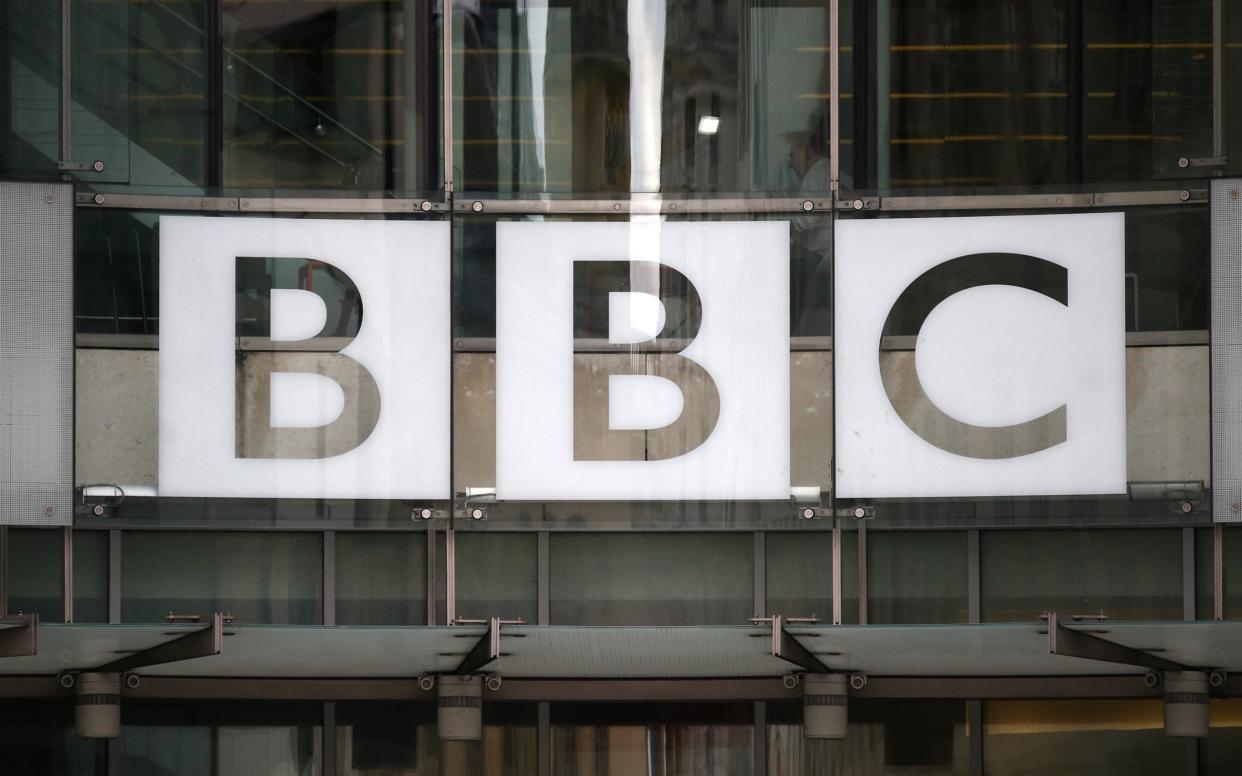TV licence fee: Boris Johnson ditches plan to decriminalise non-payment

Boris Johnson is preparing to shelve plans to decriminalise non-payment of the BBC licence fee, The Daily Telegraph can disclose.
Ministers have delayed a decision to end the prosecution and imprisonment of people who do not pay the licence fee until at least 2022, it is understood, amid concerns it could create an even harsher system in which bailiffs pursue elderly people and poor families for unpaid debts.
The move will come as relief to the BBC, which has claimed that decriminalisation could cost it £1 billion over five years and would “inevitably require significant cuts” if dissatisfied viewers opted to run the risk of a civil penalty and withhold their licence fee.
The postponement signals the latest cooling of hostilities between Number 10 and the BBC after the departure of Dominic Cummings, the Prime Minister’s chief adviser, and Lee Cain, the head of the Downing Street communications operation. The pair had advocated sweeping changes to the broadcaster and refused to allow ministers to appear on political programmes, alleging Left-wing bias.
Ministers are due to publish the delayed outcome of a consultation on the matter as soon as next week, although the timing may depend on whether MPs are sitting to approve a potential Brexit deal. The Daily Telegraph understands the question could be revisited in 2022, when the current £157.50 level of the licence fee is due to be reviewed.
The government response to the consultation was originally due to be published in summer. It is understood that it was delayed by wrangling over its contents between Number 10 and the Department for Culture, which is responsible for the BBC.
The consultation has been overseen by John Whittingdale, the media and data minister. He is viewed as an ally of Carrie Symonds, Mr Johnson’s partner, having previously employed her as a political adviser. She is known to have repeatedly clashed with Mr Cummings on policy matters.
Asked by MPs on Tuesday whether the Government had “bottled it”, Mr Whittingdale said: “I think there is an argument for considering this particular aspect of the licence fee as part of the wider considerations of what should happen to the licence fee at the next settlement. The Government has not decided to drop the idea of decriminalisation, but when you come to look at this issue in greater detail it becomes clear that it is not as simple as perhaps was first suggested.”
The postponement comes despite official data showing nearly a third of women’s convictions come from television licence evasion.
Women accounted for 74 per cent of the 114,000 convictions for licence fee evasion in 2019, up 3 per cent since 2015, according to the Ministry of Justice data published last month.
Tim Davie, the new director-general of the BBC, has sought to reset relations with the Government after his appointment in June.
He has warned BBC journalists against expressing political opinions on social media, for instance, declaring “we urgently need to champion and recommit to impartiality”.
Mr Davie defended prosecution of licence fee evaders during a committee session with MPs in September.
Baroness Morgan, the former culture secretary, launched the consultation in February, saying she thought it was wrong that “you can be imprisoned for not paying the TV licence, and its enforcement punishes the vulnerable”. Oliver Dowden, the current Culture Secretary, has rejected claims that it was a “Dom Cummings agenda”.
Regardless, the consultation was viewed by some senior figures at the BBC as an attempt to undermine its funding model at a time when it is shouldering the cost of free licences for the over-75s and is grappling with an exodus of viewers towards deep-pocketed streaming services such as Netflix.

 Yahoo News
Yahoo News 
